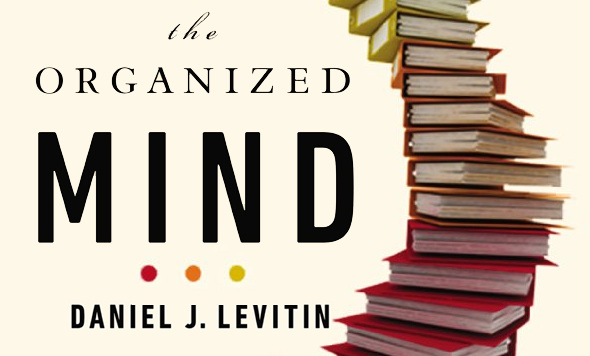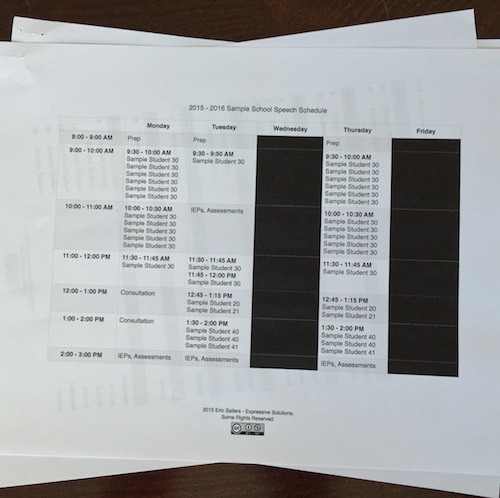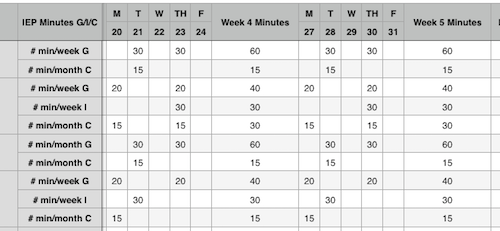Daniel Levitin talks about his book: The Organized Mind
I watched Daniel Levitin talk on YouTube about his book, “The Organized Mind: Thinking Straight in an Age of Information Overload.” I learned important information that anyone can use to improve their executive functioning skills for increased productivity. Now I’m reflecting and extending what I learned from Daniel’s talk, which included three topics: 1) Two modes of attention, 2) Brain extenders, and 3) Decision making.
Two modes of attention
The two modes of attention include the task positive network for tasks that require focused attention, and the task negative network that is utilized when you’re not doing a specified task. Creativity and problem solving are more likely to occur when your mind is wandering via the task negative network. I definitely find this to be true when I’m programming. After spending several unsuccessful hours on a programming problem, I’ll take a break. Then, later that day or within the next couple days when I’m not really thinking about the problem, a solution will come to me as I’m doing an unrelated task such as exercising or brushing my teeth.
Brain extenders
Brain extenders are strategies that allow you to discard unnecessary information from your mind. Rather than spending mental resources that could be used for more valuable tasks, you can remove information from your thought process by taking immediate action. For example, when I want to make sure I remember my lunch for work, I pack my lunch at the time I’m thinking of it, then I put it next to the door to our garage. As a result, I don’t have to keep thinking about remembering to make my lunch and take it to work.
Decision making
Daniel talked about how technology has changed society so people no longer need to memorize facts. One can do a Google search to retrieve information in less than a second on just about any topic. Therefore, it’s now necessary for individuals to know how to use facts; that is, individuals must find information and analyze it to determine whether it’s helpful in making decisions. For example, if I need a solution to a programming problem, I can Google results from stackoverflow.com, a popular resource for programmers. I will likely receive several possible solutions, so I need to analyze them to see which one is up-to-date, works for other programmers, and works for me. And I need to do this efficiently in order to avoid wasting too much time.
I’m glad I took the time to watch Daniel Levitin talk about his book. He had good examples supported by research as well as very useful tips. He certainly inspired me to apply the information to my life.




